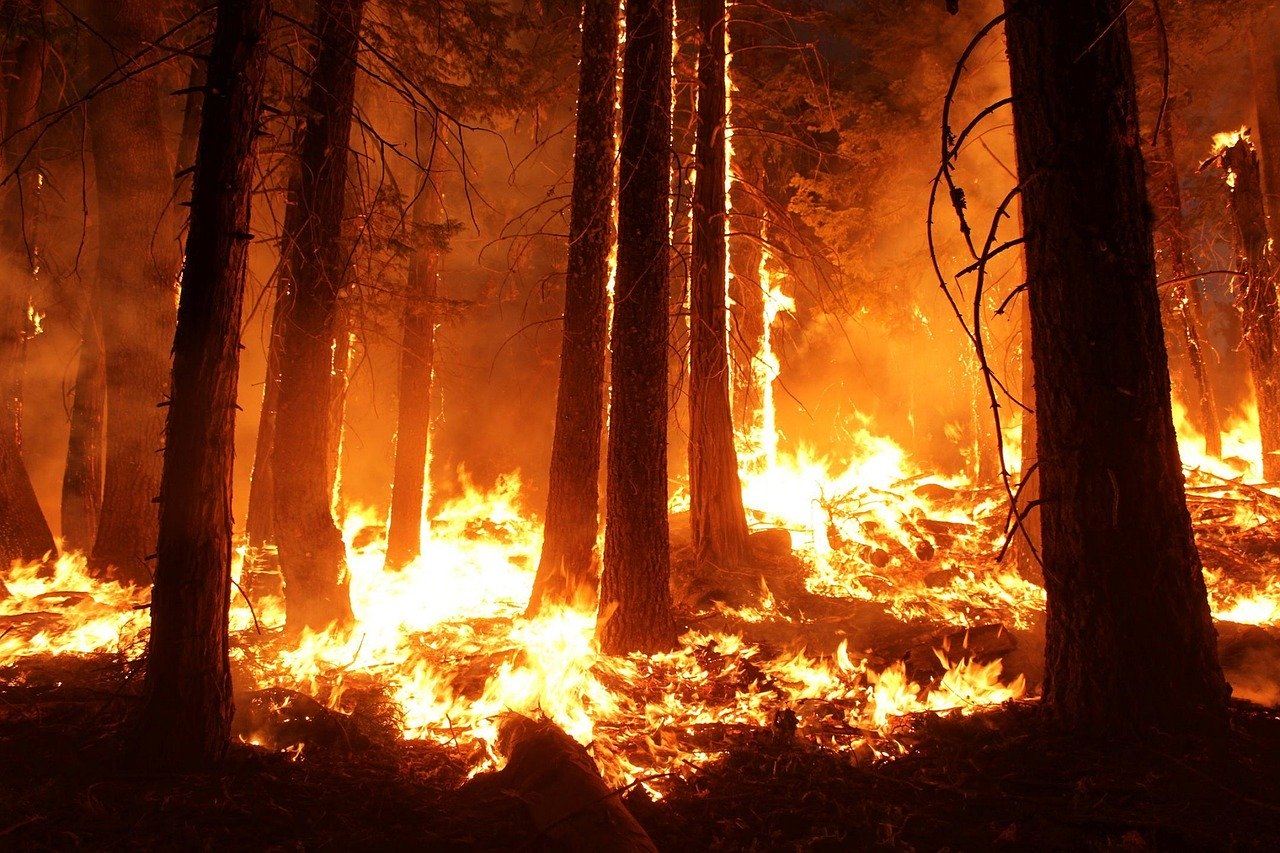5 Common Questions About Volcanic Rock Wool Insulation
As volcanic rock wool insulation becomes more popular, you may be curious as to why many have chosen this type of insulation material for their building projects. This is why we have put together some of the most commonly asked questions about volcanic rock wool insulation in this article to get you started.

Common question 1: What is Stonewall Platinum’s rock wool insulation made of?
Stonewall Platinum insulation products are made of volcanic rock basalt and recycled slag (a by-product of the steel and copper industry). The manufacturing of volcanic rock wool insulation involves melting basalt and slag and then spinning lava into fibres – a process mimicking nature’s volcanic eruption.
Common Question 2: Is volcanic rock wool insulation safe?
Wool-like rock fibres are formed naturally as a result of volcanic eruptions. Replicating the natural process commercially, volcanic rock wool insulation is created by spinning melted volcanic rock into fibres.
The health impact of volcanic rock wool fibres has long been an interest. Over the years, studies and reviews have been conducted to better understand the long term impact of rock wool fibres on our health. Based on the findings involving more than 60,000 workers over the years, rock wool insulation is classified as “Category 3: not classifiable as carcinogenic to humans” and are safe to use.
Common question 3: Why do architects prefer volcanic rock wool insulation?
There are a few reasons why architects often prefer using volcanic rock wool insulation in their design. To start with, volcanic rock wool insulation is non-combustible, making it a great choice when implementing a passive fire safety strategy. Volcanic rock wool insulation’s high thermal efficiency also means it helps reduce energy consumption. Other benefits that make volcanic rock wool insulation an attractive option for architects include structural stability, moisture-proof property and superior acoustic insulation.
Common question 4: Why is volcanic rock wool better than fibreglass insulation?
While fibreglass is a common choice of insulation, volcanic rock wool has some amazing properties compared to other forms of insulation including fibreglass. For those who are new to the material, volcanic rock wool insulation can seem more costly per batt compared to fibreglass insulation. But volcanic rock wool insulation has a higher R-value than fibreglass per inch and offers better thermal insulation. In the long run, volcanic rock wool insulation is more cost-saving and wins the race.
Common question 5: Is there asbestos in volcanic rock wool insulation?
No. Stonewall Platinum rock wool insulation products do not contain asbestos. But as always, we pay attention to your health and safety and just like handling all other insulation products, we recommend the use of full personal protective equipment when working with our volcanic rock wool insulation products.
If you would like to get more technical information about our products, register an account with us to download your technical guide today.
Got More Questions About Volcanic Rock Wool?
If you can’t find the answer to your question, why not drop us a note and let our friendly product specialist give you a hand?


